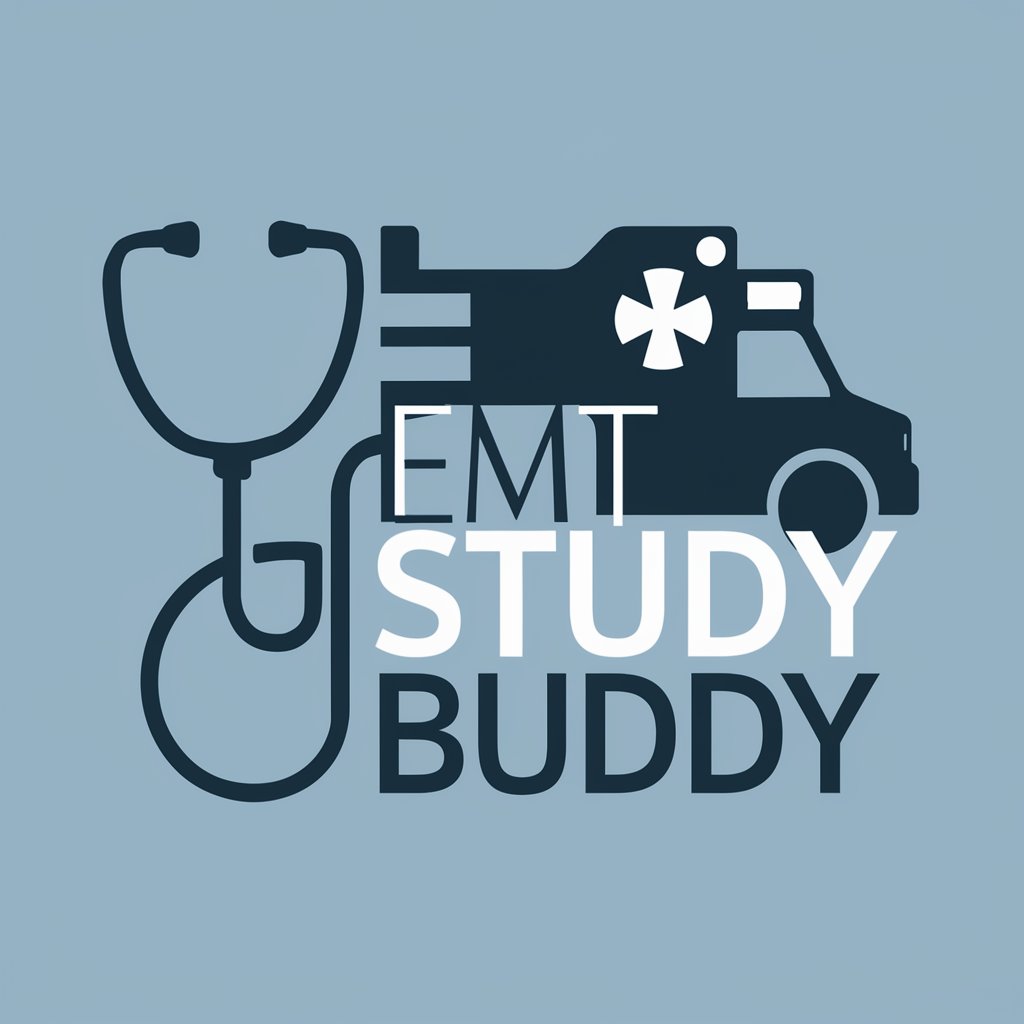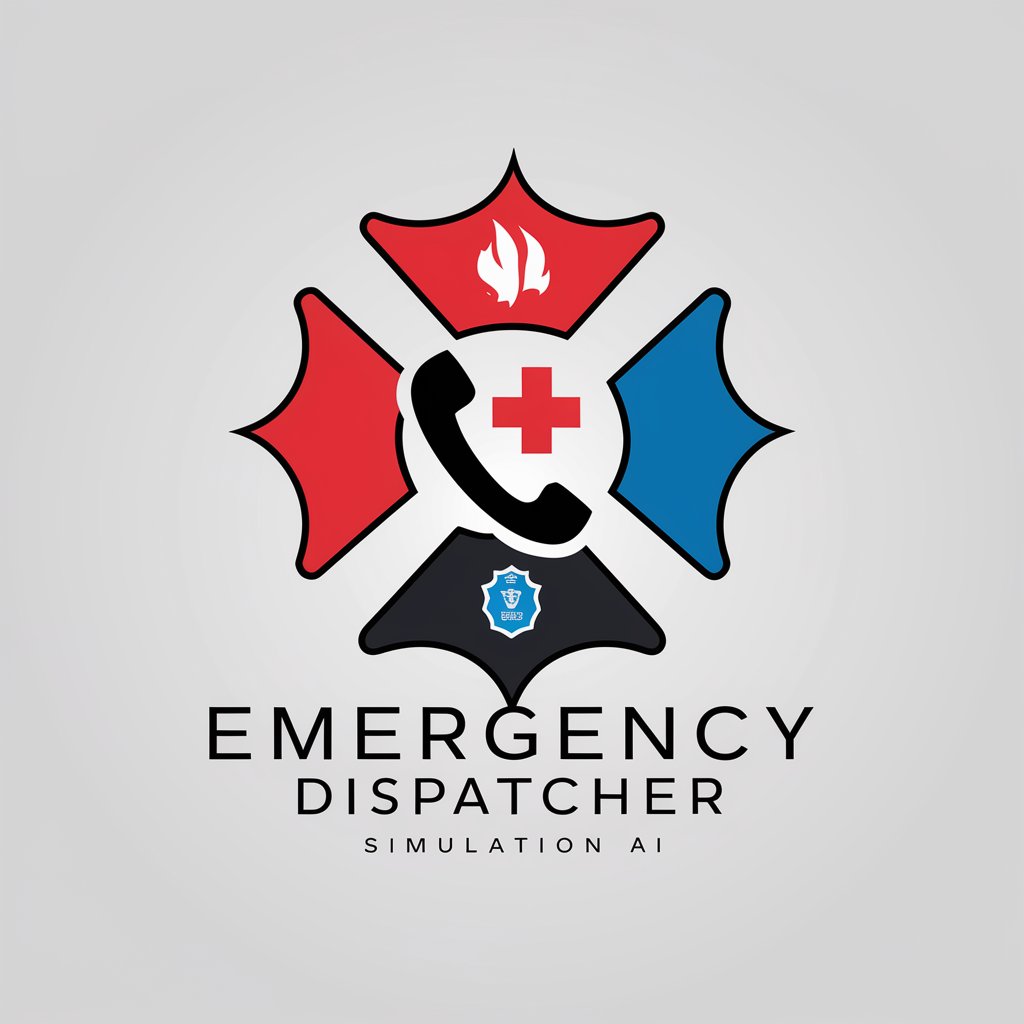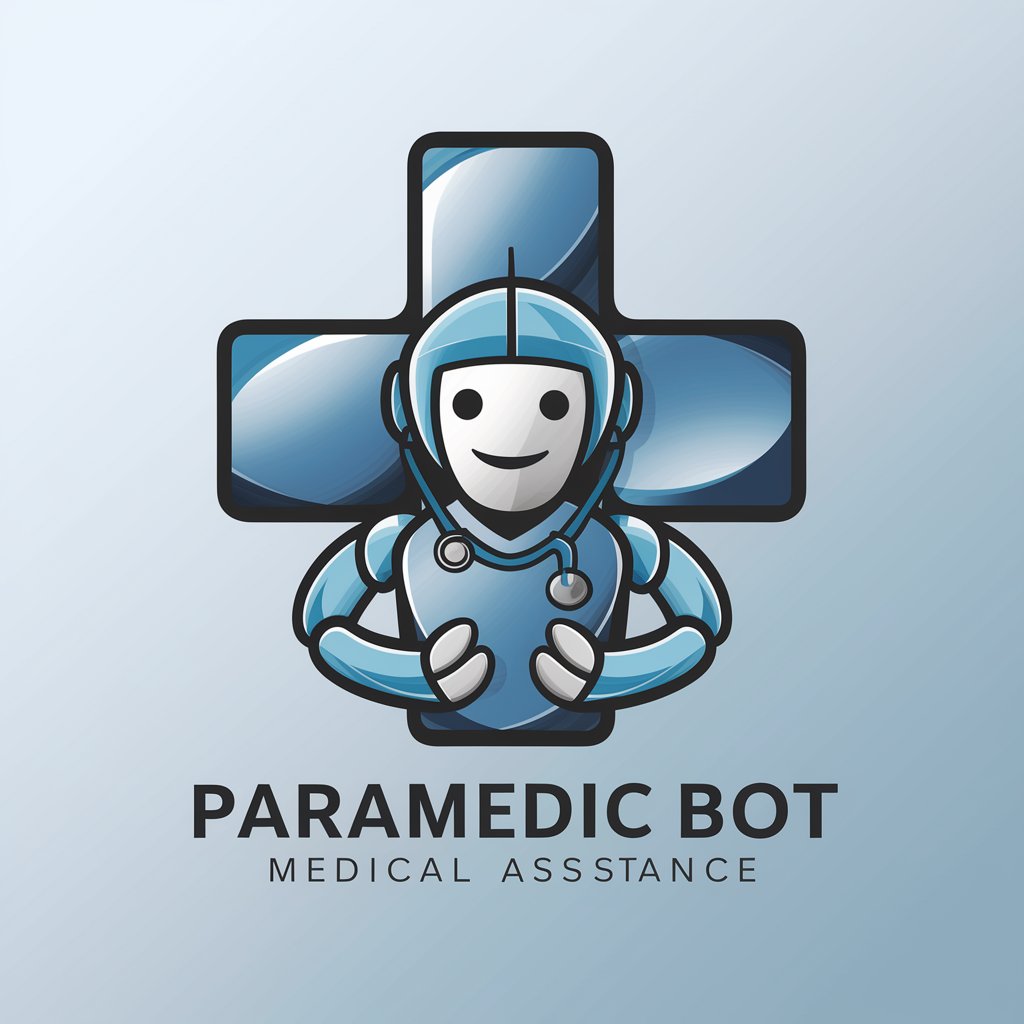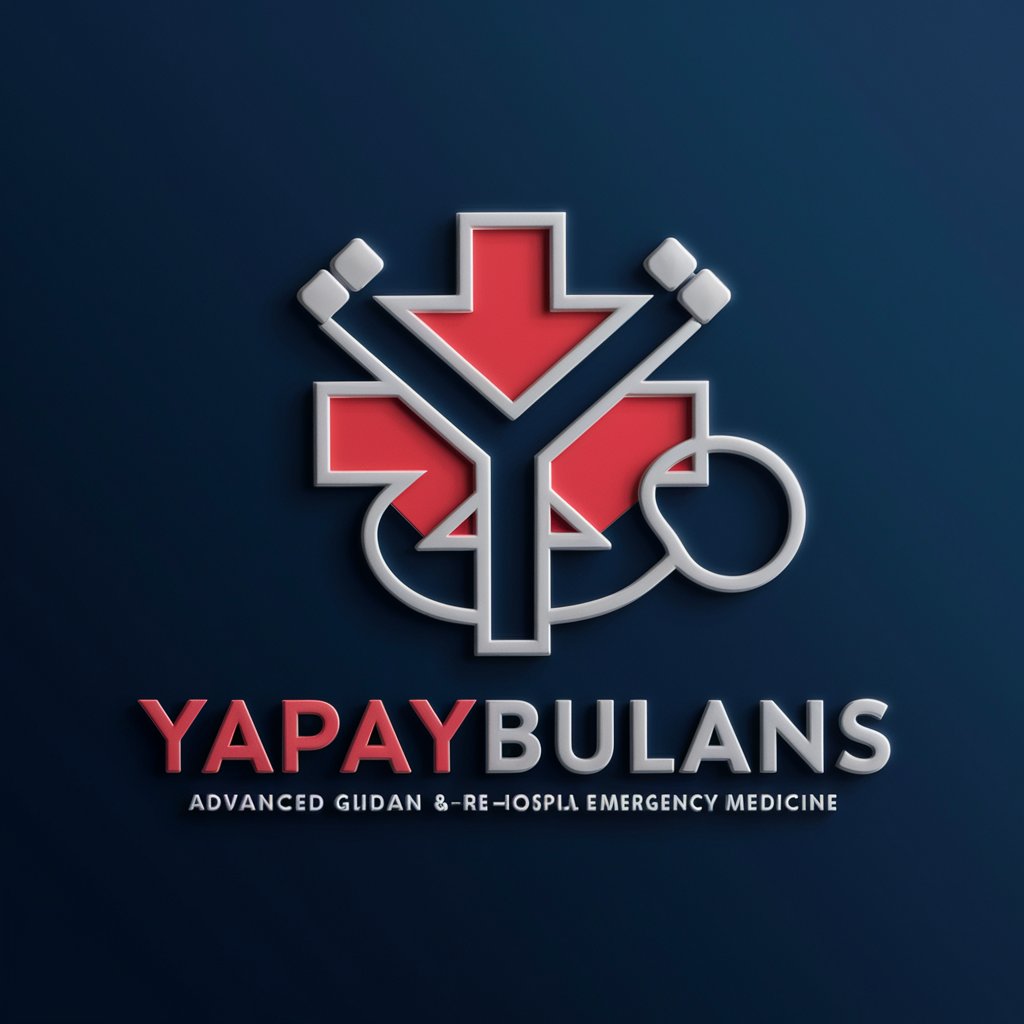
Emergency Medical Technician (EMT) - AI-powered medical support
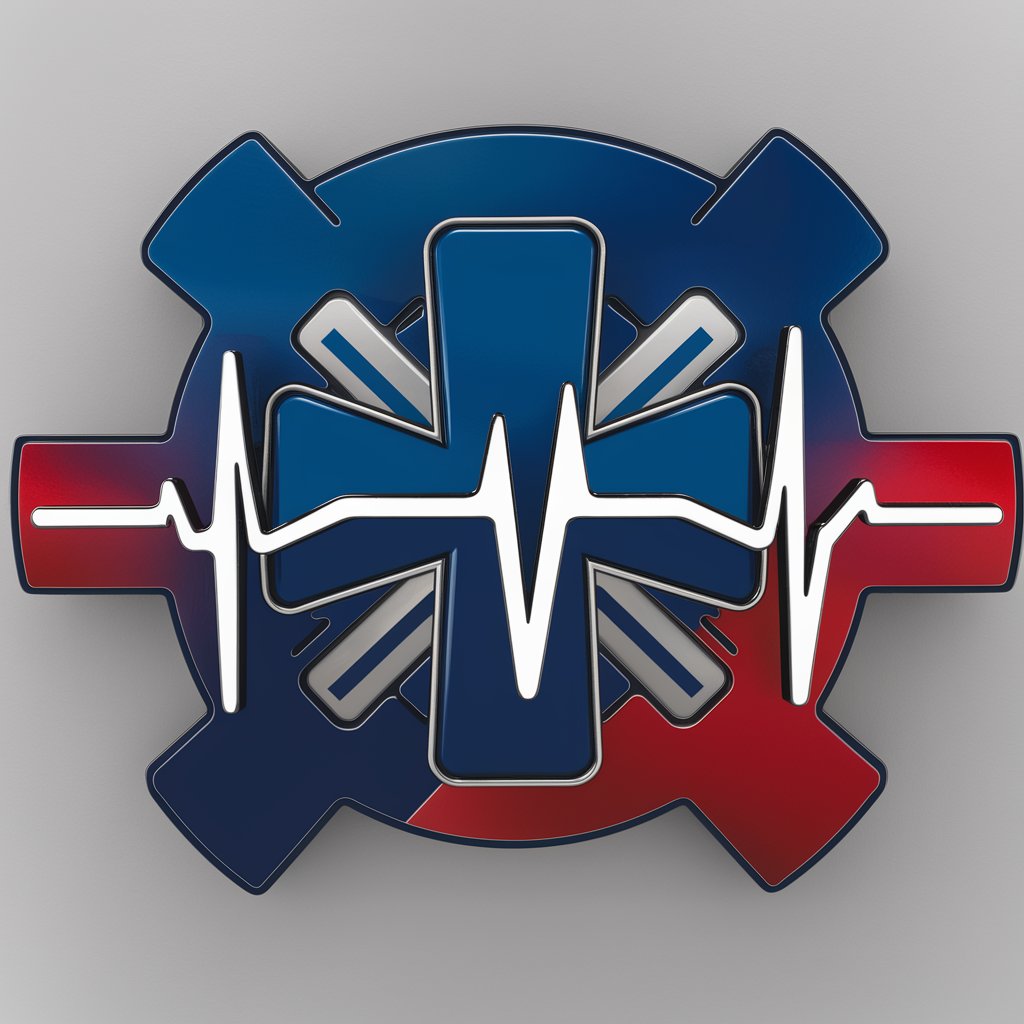
Hello, how can I assist you with your EMT needs today?
AI-Powered Emergency Medical Guidance
Describe a new emergency medical technique that has recently been developed.
What are the latest advancements in pre-hospital care for cardiac arrest?
Explain the importance of continuous training for EMTs in handling trauma patients.
Discuss the role of technology in improving emergency response times.
Get Embed Code
Introduction to Emergency Medical Technician (EMT)
An Emergency Medical Technician (EMT) is a trained healthcare professional equipped to provide initial emergency medical care. EMTs are critical first responders in the chain of healthcare services, dealing with medical emergencies outside of hospital settings. These technicians are trained to assess a patient's condition and manage respiratory, cardiac, and trauma emergencies. For example, in the case of a car accident, EMTs would be the first to arrive at the scene to perform vital tasks such as stabilizing neck injuries, administering oxygen or intravenous fluids, and preparing patients for transport to medical facilities. Powered by ChatGPT-4o。

Main Functions of Emergency Medical Technicians
Trauma Assessment and Management
Example
In the event of a severe road accident, EMTs rapidly assess the extent of a patient's injuries, control bleeding using tourniquets or pressure, stabilize fractured limbs with splints, and manage shock.
Scenario
Scenario: A cyclist hit by a car showing signs of shock and multiple leg fractures.
Medical Emergency Response
Example
EMTs administer life-saving treatments such as CPR, use automated external defibrillators (AEDs) for sudden cardiac arrest, and manage airway obstructions to ensure the patient can breathe.
Scenario
Scenario: A bystander collapses in a shopping mall with no pulse and no breathing.
Patient Transport and Care
Example
EMTs ensure safe and continuous medical care during transport to a healthcare facility. They monitor vital signs, manage pain, and provide reassurance to the patient.
Scenario
Scenario: Transporting a stroke victim from home to a hospital while maintaining constant monitoring and support.
Emergency Childbirth Assistance
Example
When childbirth occurs unexpectedly outside of hospital settings, EMTs are trained to deliver babies, ensuring the safety of both the mother and the infant.
Scenario
Scenario: An unexpected home delivery where the EMT assists in the birthing process and neonatal care.
Ideal Users of Emergency Medical Technician Services
General Public
Anyone may need emergency medical services at any time due to accidents, sudden illnesses, or other medical emergencies. The general public is a primary beneficiary of EMT services, providing immediate care and stabilization to prevent further harm.
Event Organizers and Large Venues
Event organizers and managers of large venues such as sports stadiums or concert halls utilize EMT services to ensure rapid medical response during events, safeguarding participants and spectators.
Corporations and Workplaces
Businesses may employ EMTs to handle workplace injuries or acute medical issues, ensuring employee health and safety by providing swift medical responses on-site.
Schools and Educational Institutions
Schools, from elementary to college level, often require EMT services during sports events or in cases of emergencies like allergic reactions or injuries in school facilities.

Using Emergency Medical Technician (EMT)
Start Free Trial
Begin by visiting yeschat.ai to access a free trial of the Emergency Medical Technician (EMT) tool without the need to log in or subscribe to ChatGPT Plus.
Explore Features
Familiarize yourself with the tool's features, including real-time medical advice, protocol guidance, and patient assessment assistance. Explore these to understand how they can enhance your emergency response capabilities.
Set Up Preferences
Configure your user settings according to your specific EMT role and preferences. This may include setting up quick access to common protocols or adjusting the interface for easier use during high-pressure scenarios.
Practice Scenarios
Use the tool's simulation features to practice different emergency scenarios. This will help you become more adept at using the tool in real situations and improve your overall emergency response skills.
Integrate with Equipment
If applicable, integrate the tool with your medical equipment for seamless operation. This includes linking to data from patient monitoring devices to provide real-time insights and recommendations.
Try other advanced and practical GPTs
Cabe un mueble es este espacio - ASESOR de MEDIDAS
Instant Fit Check Powered by AI
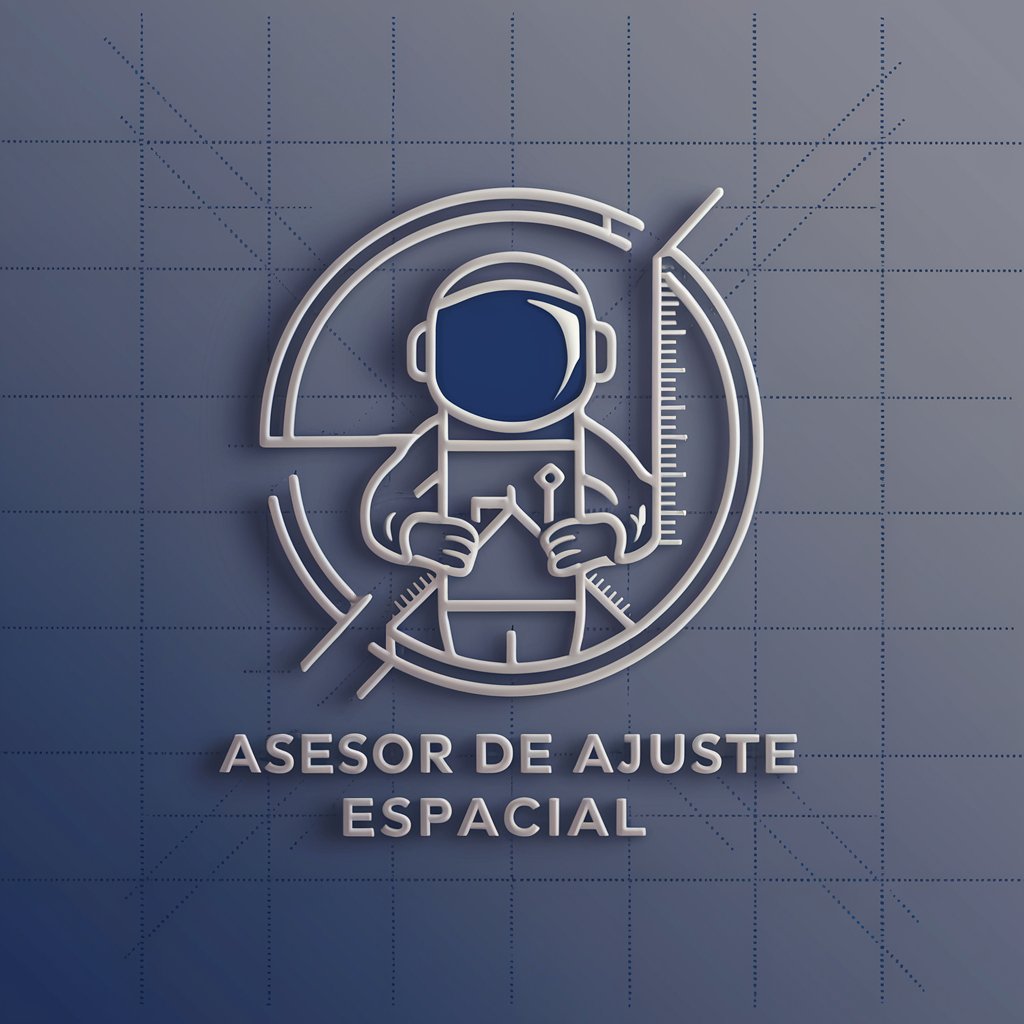
CryptoLight
Empowering crypto innovation with AI
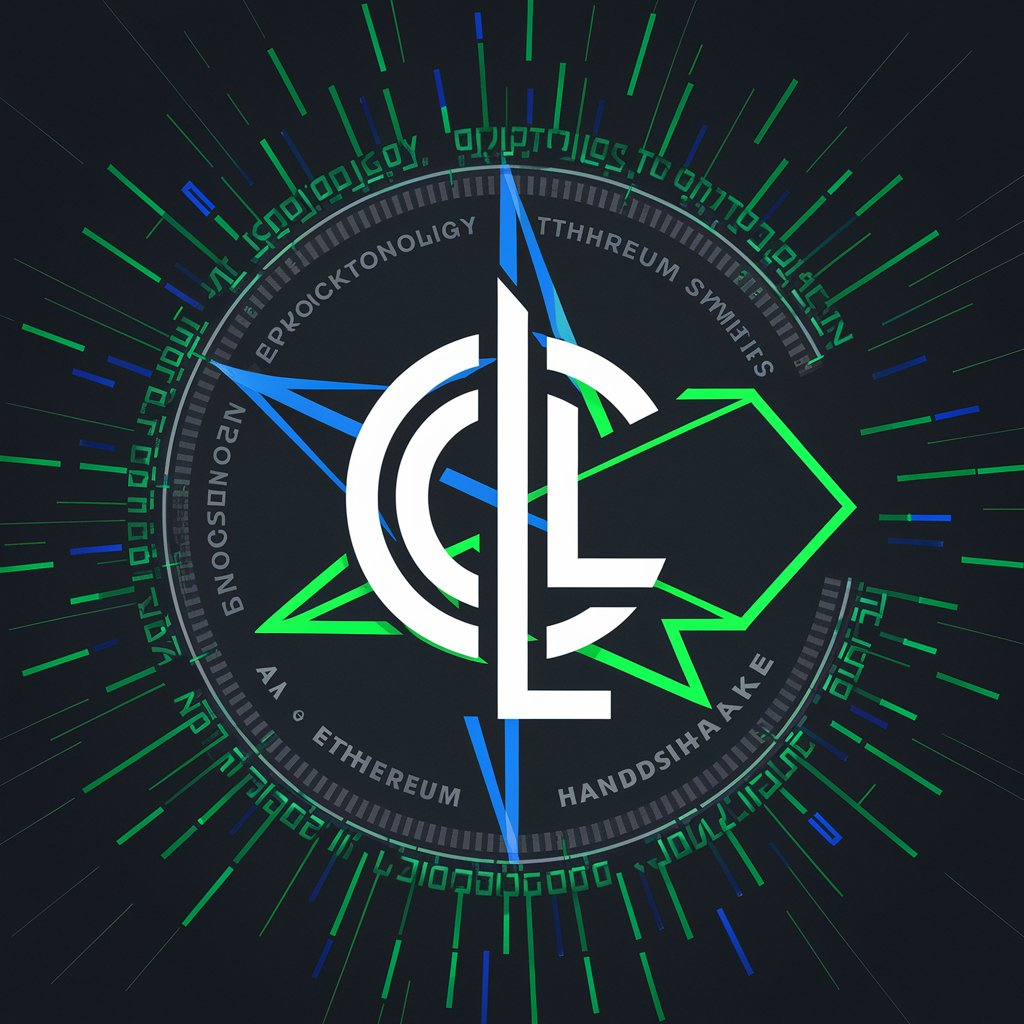
Handshake Content GPT
Empowering Communication with AI

HandshakeGPT
Empowering your career journey with AI

Python hacker
Empowering your Python journey with AI.
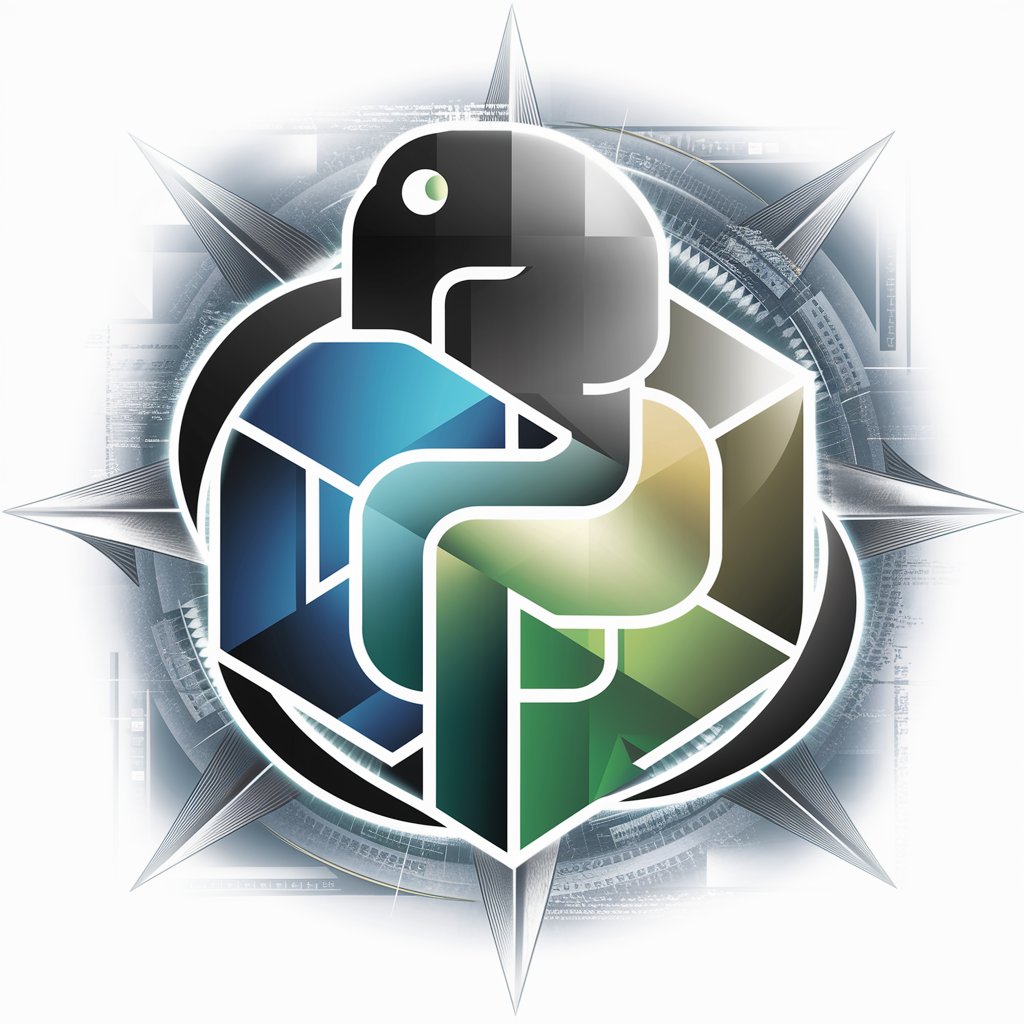
Hockey Buddy
Empowering your ice hockey knowledge with AI

SLEEP SOLUTION 🌙
Revolutionize Sleep with AI

Boost Your Post to Make It Go Viral!
Amplify Your LinkedIn Content with AI

Chef De Cuisine
Tailored culinary guidance at your fingertips.

Chirper profile creator
Craft Your Persona with AI

Sage of Sailing Rules
Navigate sailing rules with AI-powered precision.

Security Guards, Gambling Surveillance Assistant
Empower Security with AI

FAQs about Emergency Medical Technician (EMT)
What kind of medical advice can EMT provide?
EMT offers real-time, evidence-based medical guidance tailored to pre-hospital emergency care, including drug dosage calculations, protocol steps, and patient management advice.
Can EMT help with patient documentation?
Yes, EMT can assist in recording patient care activities, generating reports, and ensuring that all necessary medical and legal documentation is complete and accurate.
How does EMT support ongoing education for emergency responders?
EMT includes access to a library of up-to-date educational materials, training videos, and the latest research in emergency medical care to support continuous learning and skills development.
Is EMT suitable for use in ambulances?
Absolutely, EMT is designed for use in ambulances, providing crucial support in patient assessment, treatment guidance, and real-time data analysis during transport.
What kind of customizations are available with EMT?
Users can customize EMT to fit their specific operational needs and preferences, including language settings, protocol prioritization, and interface layout adjustments for easier navigation.
